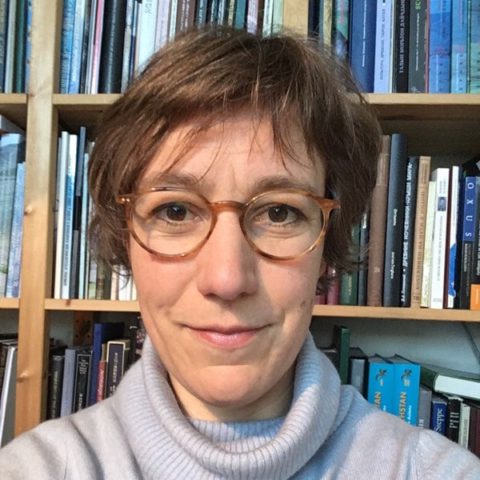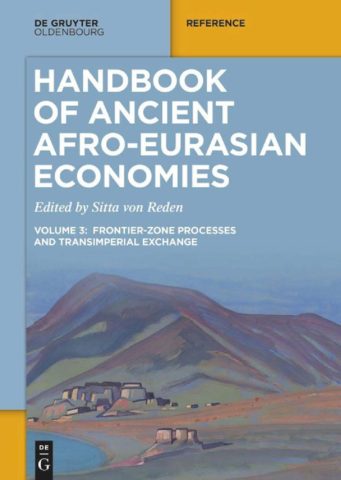Ursula Brosseder is a prehistorical archaeologist at the University of Bonn, studying the archaeology of Inner Asia and Mongolia from the Bronze Age to the Hellenistic period and beyond. She is a specialist of the Xiongnu Empire and long distance exchange in the Eurasian world region. From 2015 to the present, she has been Principle Investigator of the research project “Bioarchaeological Studies on the Bronze and Iron Age Cemetery of Maikhan Tolgoi, Upper Orkhon Valley, Central Mongolia (BARCOR)”, funded by the German Research Foundation (DFG). Between 2011 and 2015, she was Akademische Rätin at the University of Bonn, having previously been Assistant Professor at the same University. Ursula Brosseder was awarded various fellowships, including a One-Year Travel Fellowship of the German Archaeological Institute (DAI), a Feodor-Lynen-Fellowship of the Alexander-von-Humboldt-Foundation and the Ethnology Department of the Russian Academy of Science, Siberian branch, and a Research Fellowship of the Gerda-Henkel Foundation. In 2018-19, she has been a Research Fellow at the Institute for the Study of the Ancient World (ISAW) at New York University.
Ursula Brosseder is a corresponding member of the BaSaR research team.

